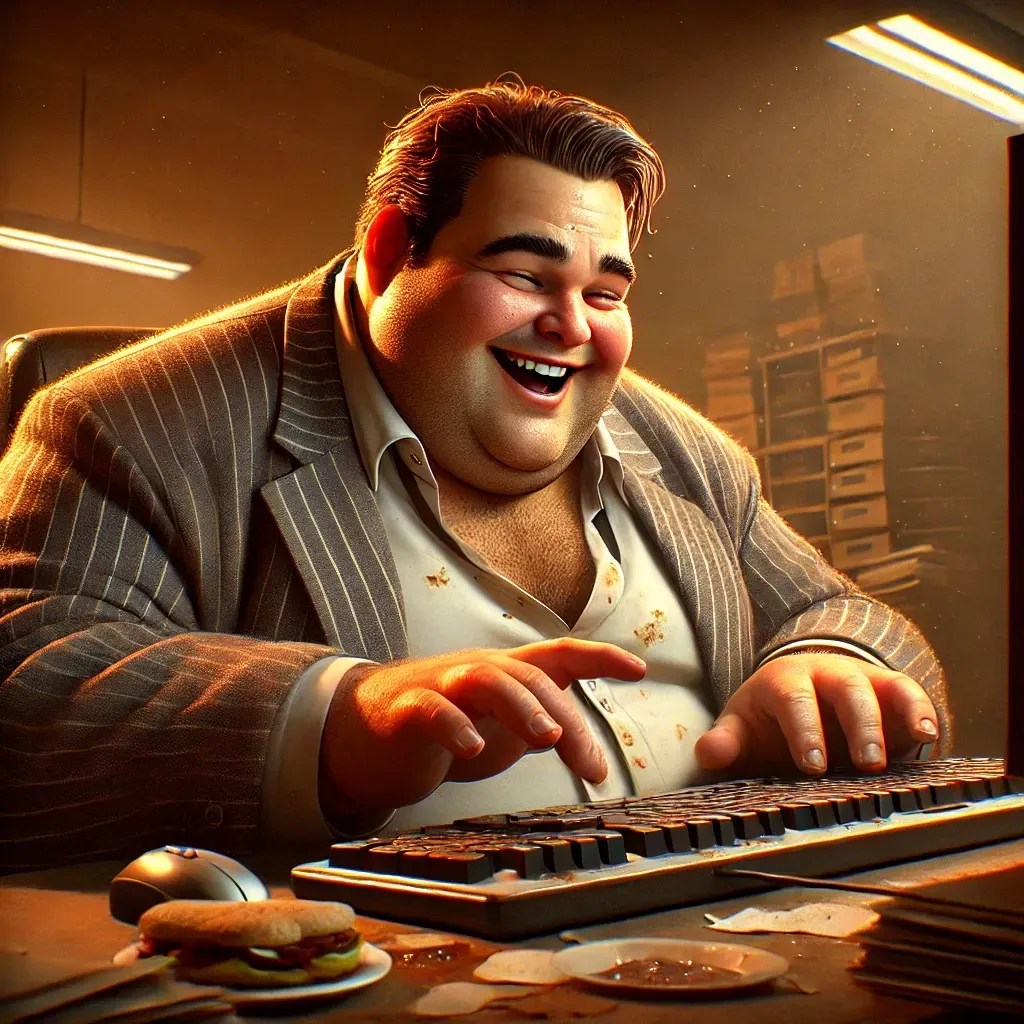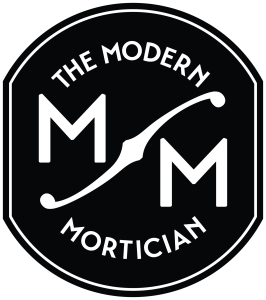Mental Health & Suicide Awareness Week Post- Kurt Cobain
April 1994: Suicide of an Icon

I was 15 years old when I heard the news. I can’t tell you the exact date I found out that Kurt Cobain had died — I only know that it was April 1994, and I was in the back of a van, riding home from school. I was residing in a Baptist children’s home at the time, obviously against my will. The house parent driving always had the radio on, usually tuned to talk radio, and that day was no different. But that afternoon, instead of the usual droning political chatter, I heard something that has never left me.
The host was Rush Limbaugh, a voice I recognized but never really listened to. His words cut through the hum of the van as he delivered the news in a tone dripping with disdain.
“Kurt Cobain, lead singer of Nirvana, has committed suicide.”
And then — he laughed.
I don’t remember his exact words after that, but I remember the feeling. The mocking tone, the sneering dismissal of a man whose music had become the voice of an entire generation. I sat there, stunned. Even at 15, I understood that death was serious, that losing someone to suicide wasn’t something to joke about. But here was this adult — this man with a powerful microphone — treating it like a punchline.
I stared out the window, the world blurring past. A sick, hollow feeling settled in my stomach. I wanted to speak up, to say something, but I knew better. No one in that van cared how I felt about Kurt Cobain. No one was going to turn off the radio just because a kid didn’t like what was being said.
A 15-Year-Old’s Understanding of Loss
I didn’t grow up in a world where my feelings were particularly valued. I was living in a children’s home, shuffled between routines and rules, surrounded by kids like me — lost in the system. Nirvana’s music had been one of the few things that made me feel like someone out there understood.
By 1993 and early 1994, Nirvana was everywhere. Heart-Shaped Box from In Utero was still getting massive airplay. All Apologies had just been released as a single that December. MTV was still running clips from their Unplugged session, and Pennyroyal Tea was slated to be their next single — until Kurt died.
Even songs from Nevermind (1991) were still holding strong. Smells Like Teen Spirit hadn’t left the cultural consciousness. Come As You Are and Lithium were songs you couldn’t escape, whether you were a die-hard fan or just a kid flipping through radio stations. Nirvana wasn’t just a band — they were a movement. And at 15, I was right in the middle of it.
Hearing the news of Kurt’s death was devastating enough. But hearing an adult — someone with authority, with influence — mock him for it? That was something else entirely. It was the day I learned that adults could be cruel just because they could be.
Rush Limbaugh and the Mockery of Pain
Looking back now, I know that Limbaugh’s attitude wasn’t unique. The ’90s were ruthless when it came to mental health. Suicide was seen as selfish, depression was something you just had to “get over,” and addiction was a personal failing, not an illness. If you were struggling, it was your fault. And if you lost the battle? Well, people like Rush Limbaugh made sure you knew they never cared to begin with.
I wasn’t old enough to understand the politics of it then, but now I see it clearly. Limbaugh’s brand of talk radio wasn’t about nuance or compassion — it was about ridicule and division. He saw Cobain not as a person but as a symbol of everything he despised: grunge, counterculture, vulnerability, and rebellion. To him, Kurt was just another “worthless shred of human debris.”
But to me? He was a voice that mattered.
The Lasting Impact of That Day
I think about that moment often, about how a single sentence from a man on the radio changed the way I saw the world. It made me more skeptical of authority, more aware of the way people in power can dehumanize others for entertainment. But it also made me more empathetic. It made me want to be someone who doesn’t laugh at suffering, who doesn’t dismiss pain just because I don’t understand it.
Kurt Cobain has been gone for 30 years now, but his music, his words, his pain — they still resonate. The world has changed a lot since that day in April 1994. Conversations about mental health have shifted. Suicide is no longer the taboo, shame-filled topic it once was. We recognize addiction as an illness. We try, at least, to be better.
But that moment in the van, that voice on the radio, still lingers. It reminds me why these conversations matter. Because somewhere out there, another 15-year-old kid is hearing someone laugh at their pain, and they’re wondering — just like I did — if their feelings, their struggles, their grief, even matter.
They do. They always have. And I’ll never stop reminding people of that.
New Paragraph












